Supreme Court: The five Judge Constitution Bench of Dr. D.Y. Chandrachud C.J., and M.R. Shah, Krishna Murari, Hima Kohli and P.S. Narasimha J.J., had started to hear the matter from 14-02-2023 and reserved its judgment dated 16-03-2023 in a batch of petition pertaining to the split within the Shiv Sena party between Eknath Shinde and Uddhav Thackeray factions, which led to a gigantic political crises in Maharashtra leading to a change in the State government in the year 2022.
Petitions were filed from both sides of the faction over multiple issues.
-
The first being filed by Eknath Shine challenging the notices issued by the then Deputy Speaker against the rebels under the 10th schedule of the Constitution of India over the alleged act of defection.
-
The Thackeray faction filed petitions over the decision of the Maharashtra Governor to call for a trust vote, the alleged illegal swearing-in of Eknath Shinde as the Chief Minister of the State, the proposal of election of new Speaker etc.
On 23-08-2022, a full bench led by the then Chief Justice of India, N.V. Ramana had referred the issues pertaining to questions relating to interpretation of the 10th Schedule of the Constitution pertaining to disqualification, as well as the powers of the Speaker and the Governor and the power of judicial review thereof, to the 5-judge Constitution bench.
The following substantial questions of law were referred for consideration before the bench:
-
Whether notice for removal of a speaker restricts him from continuing with disqualification proceedings under the 10th Schedule of the Constitution, as held by this Court in Nebam Rebia case?
-
Whether a petition under Article 226 or Article 32 lies, inviting a decision on a disqualification petition by the High Courts or the Supreme Court, as the case may be?
-
Can a Court hold that a member is “deemed” to be disqualified, by virtue of his/her actions, absent a decision by the Speaker?
-
What is the status of proceedings in the House during the pendency of disqualification petitions against the members?
-
If the decision of a speaker that a member has incurred disqualification under the 10th Schedule relates back to the date of the action complained of, then what is the status of proceedings that took place during the pendency of a disqualification petition?
-
What is the impact of the removal of Paragraph 3 of the 10th Schedule?
-
What is the scope of the power of the Speaker to determine the Whip and the leader of the house legislature party? What is the interplay of the same with respect to the provisions of the 10th Schedule?
-
Are intra-party decisions amenable to judicial review? What is the scope of the same?
-
What is the extent of discretion and power of the Governor to invite a person to form the Government, and whether the same is amenable to judicial review?
-
What is the scope of the powers of the Election Commission of India with respect to determination of a split within a party?
Senior Advocate Kapil Sibal appearing on behalf of the Uddhav Thackeray led-group had raised a preliminary issue that the matter needs to be referred to a 7-judge bench, to reconsider the accuracy of the 2016 judgment adjudicated by the Constitution bench in Nabam Rebia and Bamang Felix v. Deputy Speaker, Arunachal Pradesh Legislative Assembly, (2016) 8 SCC 1 (‘Nabam Rebia’) wherein it was ruled that the Speaker could not initiate disqualification proceedings when a resolution seeking his removal is pending.
However, the Court had decided to consider the preliminary issue along with the merits of the case and held that “The issue of whether a reference to a bench of 7 judges should be made cannot be considered in the abstract, isolated and divorced from the facts of the case. Whether the above principle which has been formulated in Nabam Rebia has an impact on the factual position in the present case needs deliberation. In the above backdrop, the issue whether a reference of the decision in Nabam Rebia to a larger bench is warranted would be determined together with the merits of the case”.
The Election Commission of India vide it’s order dated 17-02-2023 had held that the party name ‘Shiv Sena’ and the party Symbol ‘Bow and Arrow’ was to be retained by the Eknath Shinde faction.
[Subhash Desai v. Governor of Maharashtra, Civil Writ Petition No. 493 of 2022, matter reserved on 16-03-2023]
Advocates who appeared in this case:
For the petition- Senior Advocate Kapil Sibal, Senior Advocate Abhishek Manu Singhvi and Senior Advocate Devadatt Kamat;
For the respondent- Senior Advocate Neeraj Kishan Kaul, Senior Advocate Harish Salve, Senior Advocate Mahesh Jethmalani and Senior Advocate Maninder Singh;
For the Maharashtra Governor – Solicitor General Tushar Mehta.
Also Read:



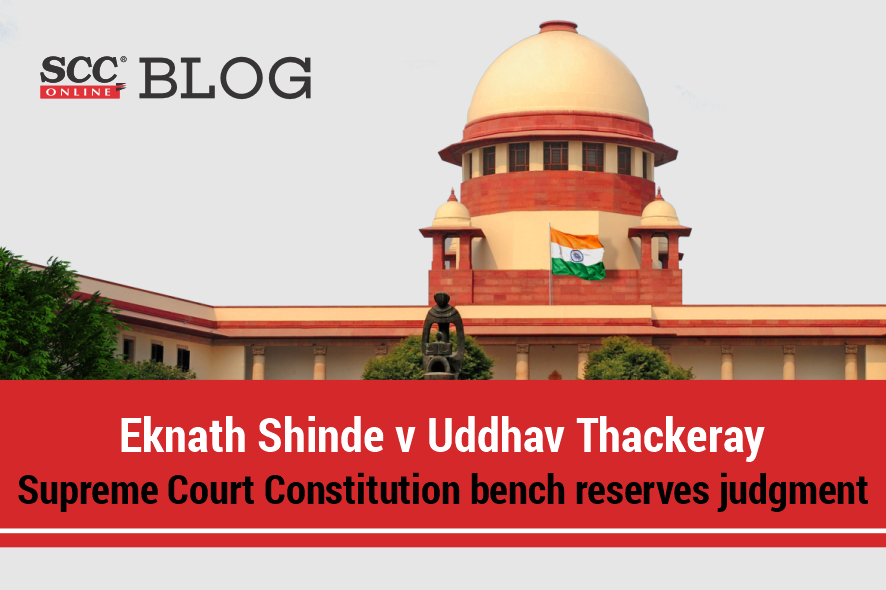
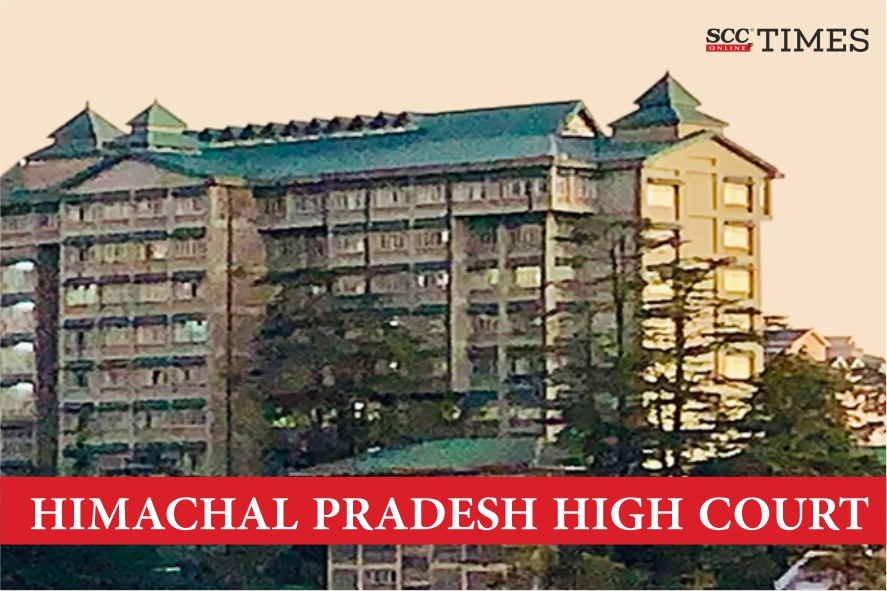
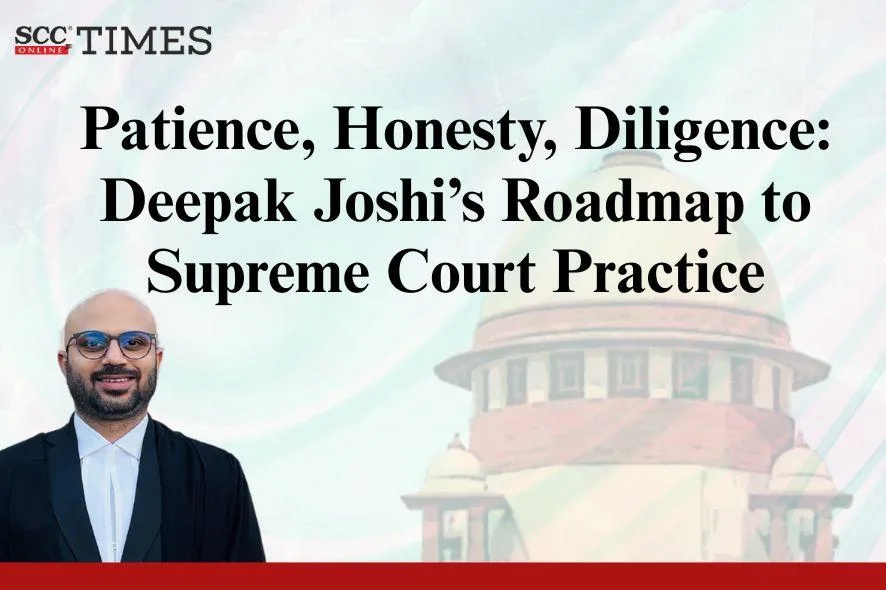
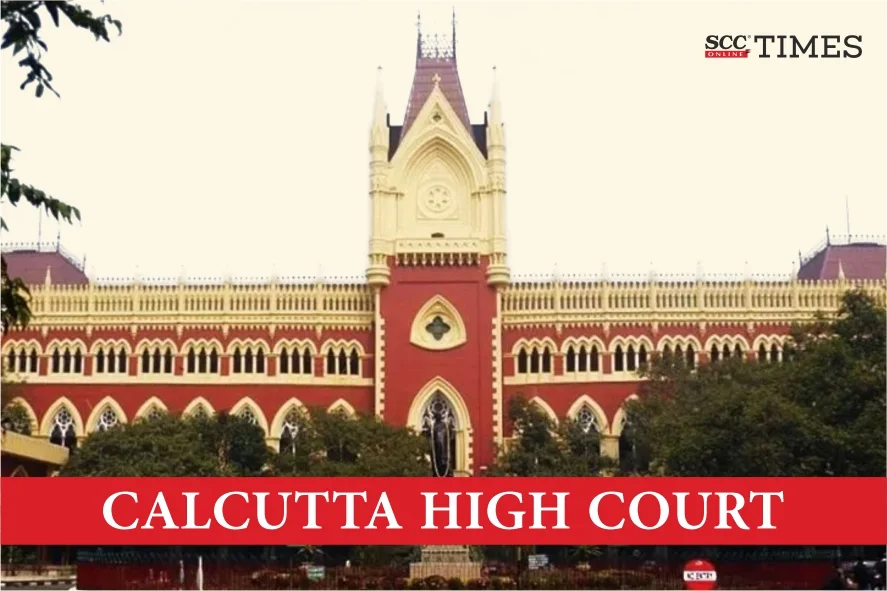
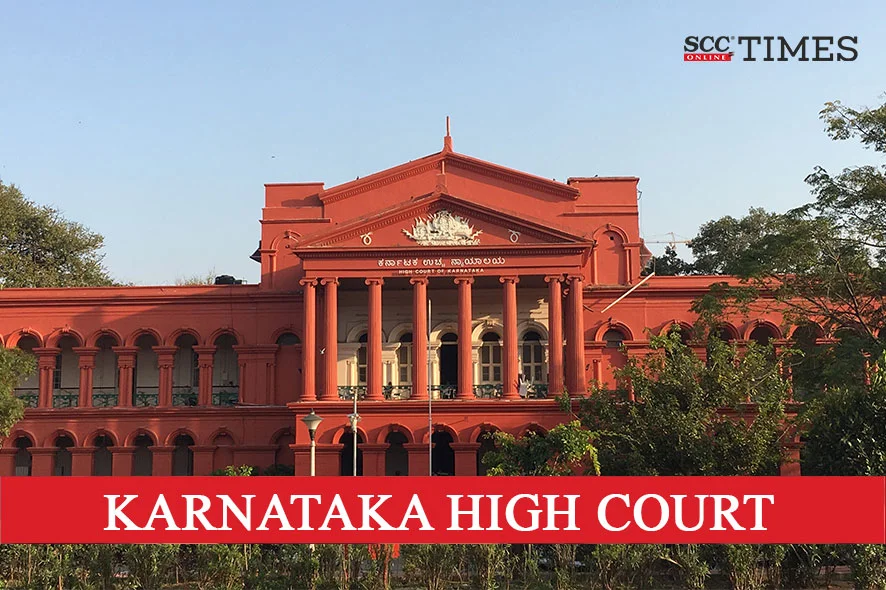
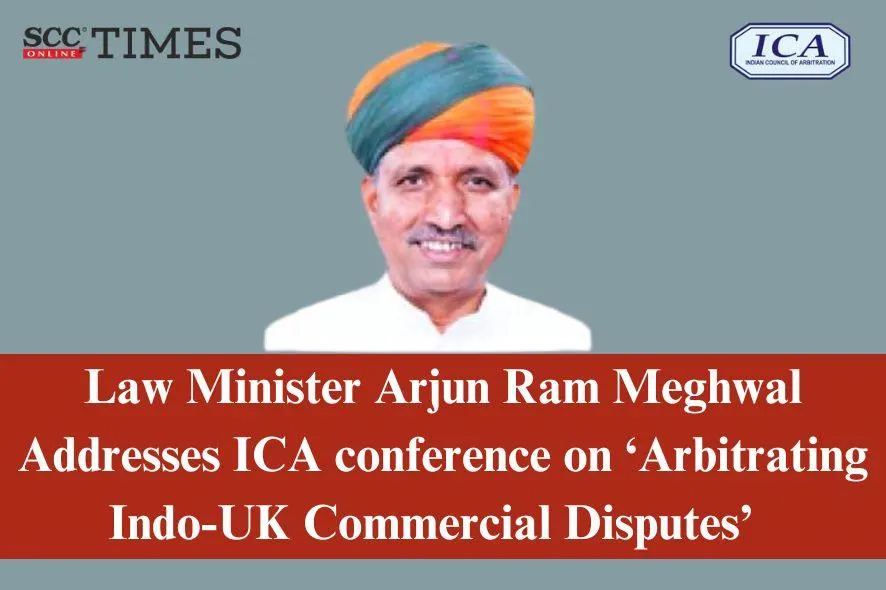





If mr uddhav not resigned, then the old speaker and disqualification might be in question. As he has resigned , the new cm governor and speaker only consider the disqualification as mr shinde new cm has more mlaS support, “no question ” of old speaker himself is disqualified along with his decision. Its my view or opinion
What does ‘reserves’ mean? ‘Cold storage’?
When will the judgement be made?